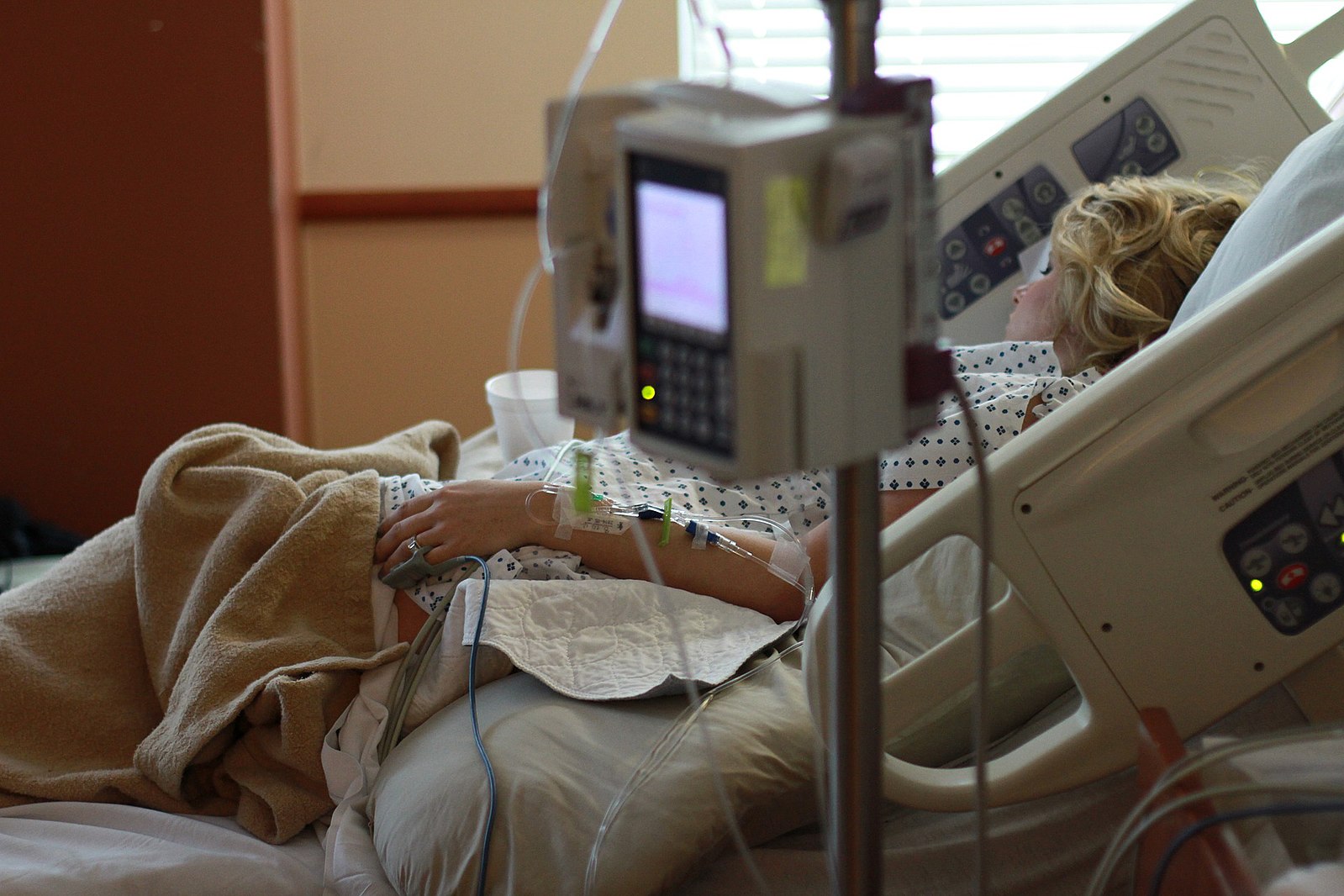News
Connecticut Woman Contracts Deadly Flesh-Eating Infection Amid Rising Cases in Japan

Representative image of woman in hospital | (Photo : Parentingupstream/Pixabay/Wikimedia Commons)
In a critical medical case linked to a growing health crisis in Japan, a Connecticut woman has been diagnosed with Streptococcal toxic shock syndrome (STSS), a severe flesh-eating infection that has claimed 77 lives in Japan this year alone.
The patient, admitted to a local hospital after experiencing severe symptoms including vomiting, diarrhea, shortness of breath, and low blood pressure, was found to have fluid buildup in her lungs and organ failure. After three days in intensive care, her condition worsened, leading to tissue necrosis in her toe, according to the New York Post.
STSS, caused by group A Streptococcus bacteria, typically begins with flu-like symptoms but can rapidly progress to life-threatening complications, including organ failure and tissue destruction. This infection, more commonly associated with strep throat, becomes dangerous when it spreads to the blood and deep tissues.
Based on statistical data, a deep tissue infection of the bacteria leading to STSS kills around 30% of its patients.
The Connecticut woman, who has asthma and a history of exposure to strep throat within her family, likely contracted the infection through airborne bacteria. Before her hospitalization, some of her family had been diagnosed with strep throat.
Despite completing a course of antibiotics and undergoing rehabilitation, the patient may still face amputation of the necrotic toe.
The woman's case is detailed in a report published in the journal Cureus.
Japan has reported over 1,000 STSS cases this year, attributed to immunity debt from decreased pathogen exposure during the COVID-19 pandemic. However, Japanese health officials assure that the infection remains less prevalent than influenza or COVID-19, and there is no need for tourists to change travel plans.
In the U.S., experts consider an outbreak unlikely but urge vigilance in wound care and prompt medical attention for symptoms like nausea, fever, and muscle aches that could indicate STSS.









Join the Conversation